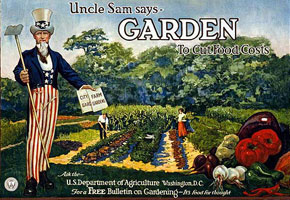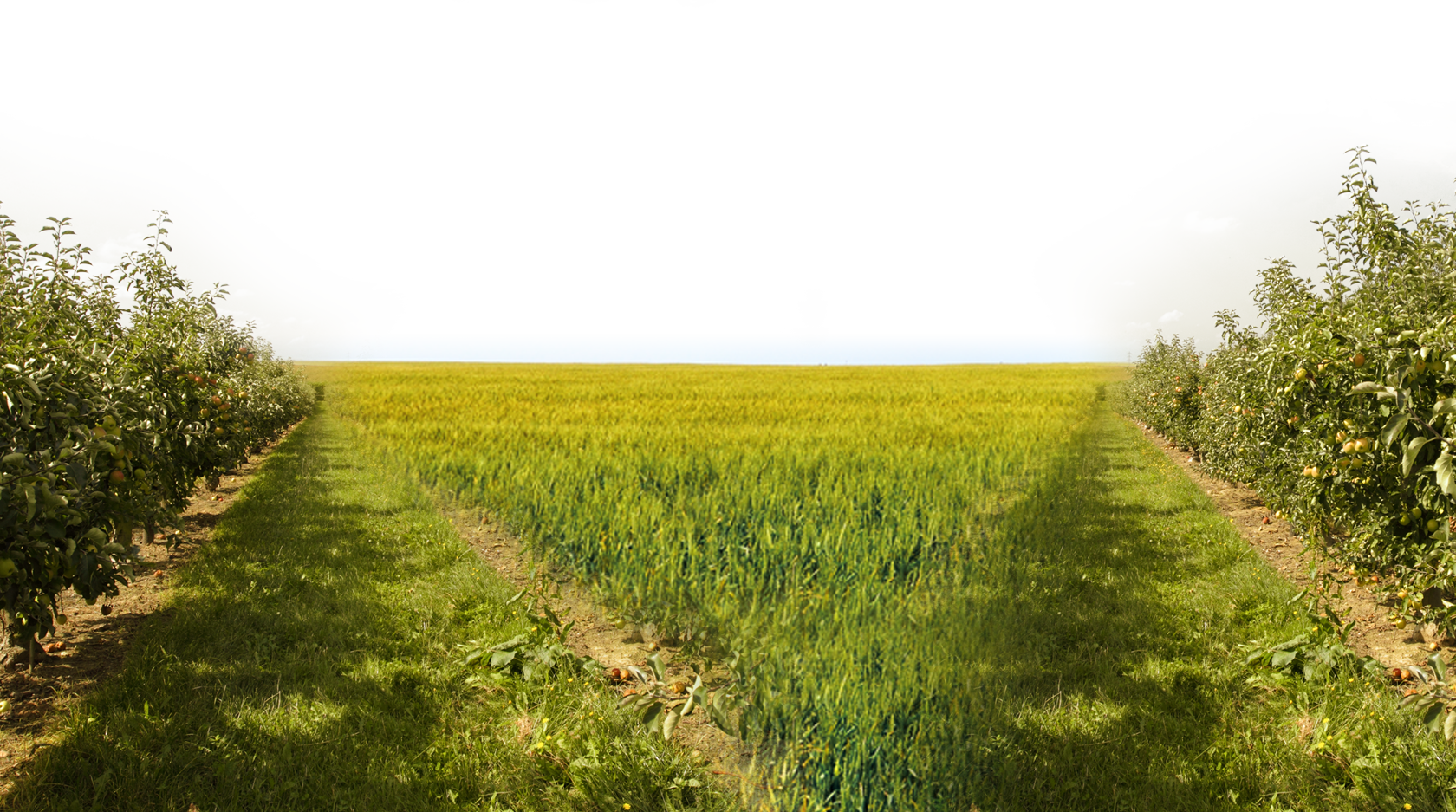
Victory Gardens, America’s Legacy of Sustainability
By Aisleagh Jackson | 0 Comments | Posted 05/30/2014
This past memorial day, I found myself fortunate enough to be at a home with an abundant garden; carefully constructed out of the hillside, the open air structure protects the many fruit trees and lettuces, kale, herbs, and root vegetables growing within. Such smart, efficient and satisfying use of the land!
America has a long history with this sort of economical land usage, with perhaps the most apt on this particular day being the Victory Garden tradition. Begun as a response during WWII to a shortage of produce and rations on staple items (ie. milk, butter, cheese, eggs, canned goods and coffee), Victory Gardens quickly became a phenomenon.
The movement spanned the country, utilizing everything available- from window-boxes to yards, vacant lots, and land both public and private. The USDA estimates that 20 million Americans answered Uncle Sam’s call to provide their own fruits and vegetables, producing 9-10 million tons of food. The produce generated from Victory Gardens was equal at the time to all commercial production of fresh vegetables, and provided 41% of all the vegetable produce consumed nationwide.
Lauded not only for their staggering output, Victory Gardens were also viewed as a morale booster, providing those at home with a way to contribute to the war effort. By producing their own fresh produce and refraining from canned goods, these gardeners freed up more food to be sent to the troops.
As an urban gardener (limited to a few modest planters), I appreciate the grace notes that growing even some of my own foods brings to my life. Today, I am also appreciative of the small link to this great legacy of sustainability and good old fashioned patriotism.
For more on Victory Gardens, click through the links below:
http://www.livinghistoryfarm.org/farminginthe40s/crops_02.html
http://boulderlocavore.com/2011/05/victory-gardens-in-history-and-my-own.html
For information about modern Victory Garden Initiatives:
http://victorygardeninitiative.org/


 Contact us
Contact us



























